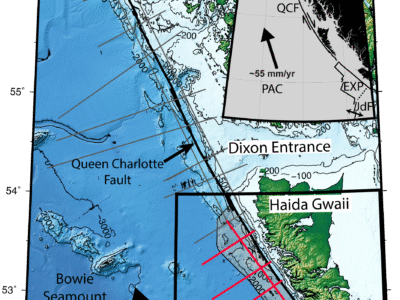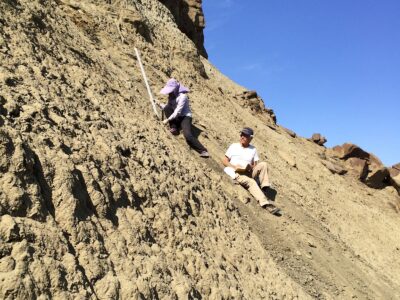
A city effort to clean up polluted Newtown Creek by aerating the water to boost oxygen levels is having an unintended effect: it is releasing sewage bacteria and other particles into the air above the site, researchers say in a new study in the journal Environmental Science and Technology. The researchers found bacteria types in the air consistent with the sewage and oil pollution in the creek. The study is one of the first to establish a link between water pollution and air-quality, raising new questions about the health risks posed by dirty water.
“What’s in the water clearly affects what’s in the air at this Superfund site,” said Eli Dueker, a postdoctoral researcher at Columbia University’s Lamont-Doherty Earth Observatory. “The transfer of contamination we have found at Newtown Creek could be happening in any place where the water is heavily polluted.”
The study compared levels of airborne bacteria in coastal Maine and New York Harbor with Newtown Creek, a four-mile Superfund site dividing Brooklyn and Queens. Researchers measured the “fallout rate” of bacteria accumulating on a petri dish just above the water at each site over time. In Maine, and in New York Harbor under low winds, Dueker says, it took up to an hour for bacteria to cover the petri dish — in Newtown Creek, just 10 minutes.
They also compared the fall-out rate at Newtown Creek when the aerators were on and when they were switched off. The fall-out rate was high in both cases, but when the aerators were on, sewage bacteria and a greater number of particles were found in the air, the study showed. Some of the airborne bacteria above Newtown Creek were genetically related to known pathogens but more testing would be needed to confirm that there is a health risk, says Dueker.
For several years now the city has been aerating the most polluted portion of the creek, near Metropolitan Avenue Bridge. This spring the city held a public hearing to extend the remediation to the rest of the creek. The study of airborne bacteria at the site is part of a long-term collaboration between Riverkeeper and scientists at Lamont-Doherty and Queens College to monitor water quality in the Hudson River and its watershed.




[…] State of the Planet, a blog from the Earth Institute at Columbia University, is reporting that the city effort to clean up the polluted waterway is having an unintended effect. […]